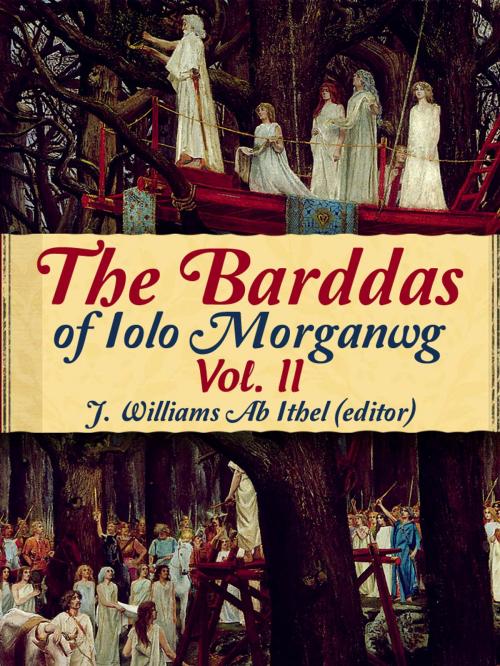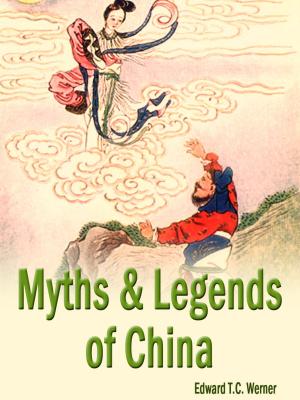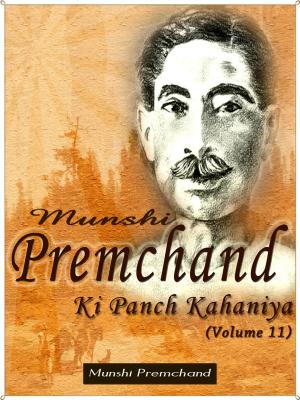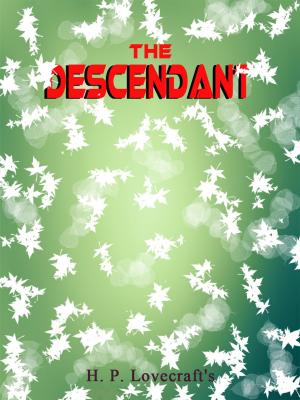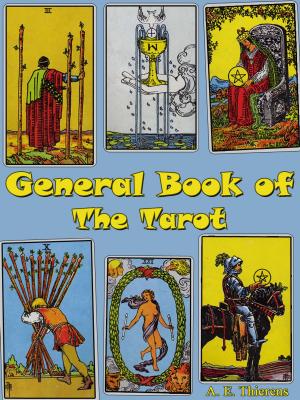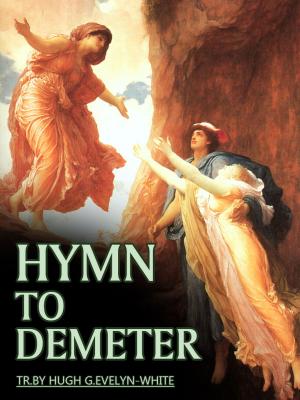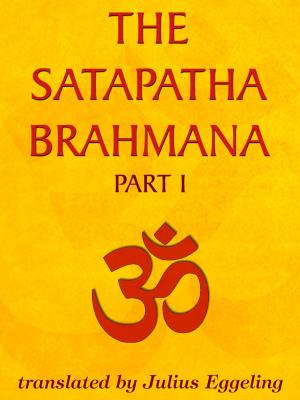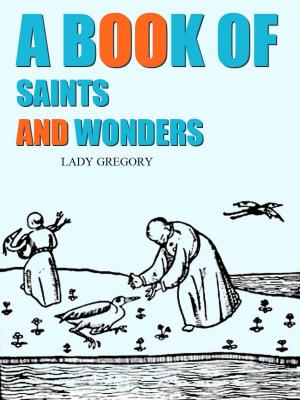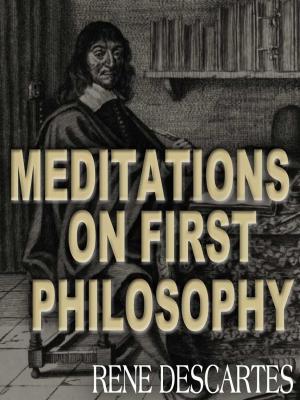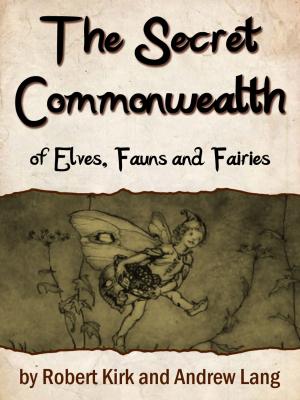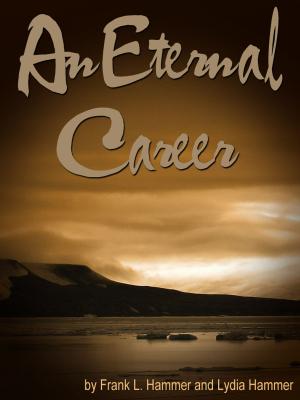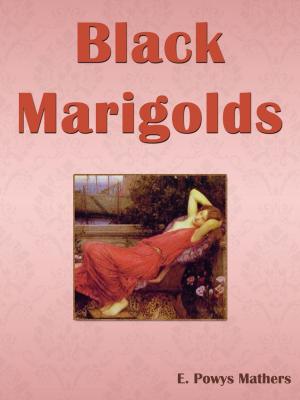The Barddas Of Lolo Morganwg- Volume II
Nonfiction, Religion & Spirituality, Inspiration & Meditation, Spirituality, Fiction & Literature, Classics, Historical| Author: | J. Williams Ab Ithel | ISBN: | 1230000038453 |
| Publisher: | AppsPublisher | Publication: | December 13, 2012 |
| Imprint: | Language: | English |
| Author: | J. Williams Ab Ithel |
| ISBN: | 1230000038453 |
| Publisher: | AppsPublisher |
| Publication: | December 13, 2012 |
| Imprint: | |
| Language: | English |
The Barddas of Iolo Morganwg Vol. II
J. Williams Ab Ithel (editor)
"The Barddas of Iolo Morganwg is a collection of writings, largely forged, about ancient Welsh Bardic and Druidic beliefs. Although the author of this work is cited as J. Williams Ab Ithel, he was actually the editor, who pieced it together from manuscripts written by Iolo Morganwg. Iolo Morganwg (1747-1826), itinerant poet and scholar, was a key figure in the Druid revival of the 19th century. He was personally responsible for reviving the Welsh national poetry contest, the Gorsedd. On June 21st, 1792, Midsummer evening, Iolo and a dozen other Welsh poets gathered on Primrose Hill in London and held the first Gorsedd in hundreds of years. Iolo was a Welsh patriot and held revolutionary views; he was a personal friend of Tom Paine, and George Washington subscribed to his first volume of poetry. He is said to have influenced both William Blake's poetry and Robert Grave's White Goddess. He revived the concept that the Welsh explorer Madoc discovered America. This led to an expedition to Mandan territory in the Great Plains, which found no trace of the Welsh, but was one of the inspirations for Thomas Jefferson's Lewis and Clarke expedition.
Iolo Morganwg's contributions to world culture are still with us today; there is an extensive neo-Druid movement; and the Gorsedd (and Welsh nationalism) are still going strong. The Gorsedd is held annually during the Eisteddfod in Wales, a festival of Welsh culture. Two other Celtic regions, Cornwall and Brittany, have also adopted the Gorsedd.
Iolo Morganwg, born Edward Williams, a native speaker of both English and Welsh, spent his entire life collecting and transcribing mediaeval Welsh documents, as well as writing poetry under his own byline. He was also a first-rate literary forger of ancient Welsh; some have commented that his forgeries were as good or better than the real thing. Furthermore, he wrote much of the Barddas under the influence of laudanum (an opium-based medication which he took for asthma). Scholars have spent two centuries trying to establish which parts of his extensive writings purporting to be based on ancient manuscripts are genuine, and which he wrote personally. Our understanding is still very murky. For these reasons, Iolo's writings are considered highly controversial.
Because Druidic beliefs were exclusively transmitted orally, we have no primary accounts of it, so there is practically nothing to compare this text with. What we do know is summarized neatly in the Preface to this work, and consists of a few excerpts from classical authors. The longest account is from Julius Caesar, who was more interested in exterminating Druids, so he was hardly a disinterested observer.
However, this is one of those visionary texts which is worth reading for its own merits, irrespective of whether it is 'genuine' or not. Taken at face value, the Barddas remains a fascinating text. It has resonances with the Upanishads, Kabbalah, and Freemasonry. The Bardic alphabet presented in the 'Symbol' section is completely invented, based on Runic and Ogham, and has utility as a magical alphabet. However it is about as genuine as the alphabets of J.R.R. Tolkien. The 'Theology' section appears to be based on Iolo's peculiar Christian views (he described himself as a Unitarian Quaker). 'Theology' also contains a great number of Triads, some of which may be from authentic ancient Bardic lore. The 'Wisdom' section has a great deal of mythopoetic information, some of which is authentic, some not. The Barddas is great reading if you are at all interested in the ancient Druids, as long as you keep in mind the background of its creation."
The Barddas of Iolo Morganwg Vol. II
J. Williams Ab Ithel (editor)
"The Barddas of Iolo Morganwg is a collection of writings, largely forged, about ancient Welsh Bardic and Druidic beliefs. Although the author of this work is cited as J. Williams Ab Ithel, he was actually the editor, who pieced it together from manuscripts written by Iolo Morganwg. Iolo Morganwg (1747-1826), itinerant poet and scholar, was a key figure in the Druid revival of the 19th century. He was personally responsible for reviving the Welsh national poetry contest, the Gorsedd. On June 21st, 1792, Midsummer evening, Iolo and a dozen other Welsh poets gathered on Primrose Hill in London and held the first Gorsedd in hundreds of years. Iolo was a Welsh patriot and held revolutionary views; he was a personal friend of Tom Paine, and George Washington subscribed to his first volume of poetry. He is said to have influenced both William Blake's poetry and Robert Grave's White Goddess. He revived the concept that the Welsh explorer Madoc discovered America. This led to an expedition to Mandan territory in the Great Plains, which found no trace of the Welsh, but was one of the inspirations for Thomas Jefferson's Lewis and Clarke expedition.
Iolo Morganwg's contributions to world culture are still with us today; there is an extensive neo-Druid movement; and the Gorsedd (and Welsh nationalism) are still going strong. The Gorsedd is held annually during the Eisteddfod in Wales, a festival of Welsh culture. Two other Celtic regions, Cornwall and Brittany, have also adopted the Gorsedd.
Iolo Morganwg, born Edward Williams, a native speaker of both English and Welsh, spent his entire life collecting and transcribing mediaeval Welsh documents, as well as writing poetry under his own byline. He was also a first-rate literary forger of ancient Welsh; some have commented that his forgeries were as good or better than the real thing. Furthermore, he wrote much of the Barddas under the influence of laudanum (an opium-based medication which he took for asthma). Scholars have spent two centuries trying to establish which parts of his extensive writings purporting to be based on ancient manuscripts are genuine, and which he wrote personally. Our understanding is still very murky. For these reasons, Iolo's writings are considered highly controversial.
Because Druidic beliefs were exclusively transmitted orally, we have no primary accounts of it, so there is practically nothing to compare this text with. What we do know is summarized neatly in the Preface to this work, and consists of a few excerpts from classical authors. The longest account is from Julius Caesar, who was more interested in exterminating Druids, so he was hardly a disinterested observer.
However, this is one of those visionary texts which is worth reading for its own merits, irrespective of whether it is 'genuine' or not. Taken at face value, the Barddas remains a fascinating text. It has resonances with the Upanishads, Kabbalah, and Freemasonry. The Bardic alphabet presented in the 'Symbol' section is completely invented, based on Runic and Ogham, and has utility as a magical alphabet. However it is about as genuine as the alphabets of J.R.R. Tolkien. The 'Theology' section appears to be based on Iolo's peculiar Christian views (he described himself as a Unitarian Quaker). 'Theology' also contains a great number of Triads, some of which may be from authentic ancient Bardic lore. The 'Wisdom' section has a great deal of mythopoetic information, some of which is authentic, some not. The Barddas is great reading if you are at all interested in the ancient Druids, as long as you keep in mind the background of its creation."
